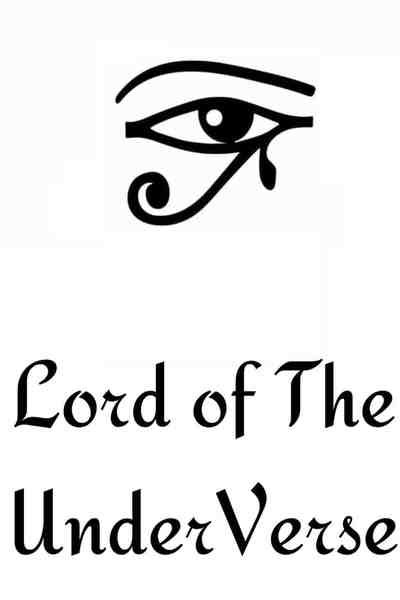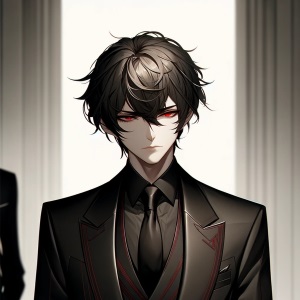In his quest to unravel the Yakuza's hierarchy, Detective Kazuya creates an extensive chart. At the pinnacle are enigmatic figures, likely veterans over sixty, the architects of the organization's power. He labels this elusive group as "The Elders," a nod to their concealed influence and enduring legacy within the Yakuza.
During his investigation, Kazuya stumbles upon a crucial connection: the name of Noboru Kaito, linked to the Yakuza's operations in the United States. This discovery deepens the complexity of his task, intertwining his investigation with figures who wield power from behind the scenes in the whole Sun Syndicate.
As Kazuya continues his meticulous mapping of the Sun Syndicate, he ponders the scale of its hierarchy. "The Elders could be numerous, dozens perhaps," he muses, "But what if it's even more expansive? Hundreds of them?" The thought strikes him with the enormity of the syndicate's reach.
He recalls his encounters with various figures holding ranks akin to Masura's. "If there are indeed hundreds at that level," he theorizes, "it could mean thousands of elders, an entire generation who laid the foundation of this empire." This realization widens the scope of his investigation, indicating a network far more vast and entrenched than he initially suspected.
Kazuya reflects on the syndicate's geographical spread. "Their influence isn't just confined to Japan. They have operations extending to Thailand, the Philippines, Vietnam... and there are indications of their presence in parts of Europe," he ponders.
This global network suggests a highly organized and strategically diversified criminal empire. Kazuya's chart now spans across continents, with lines and connections weaving a complex web of illicit activities, from arms trafficking to financial crimes.
"The Sun Syndicate is more than a criminal organization; it's a shadow empire, its tentacles reaching into legitimate businesses and governments," he concludes, the scale of his task becoming ever more daunting.











Comments (4)
See all